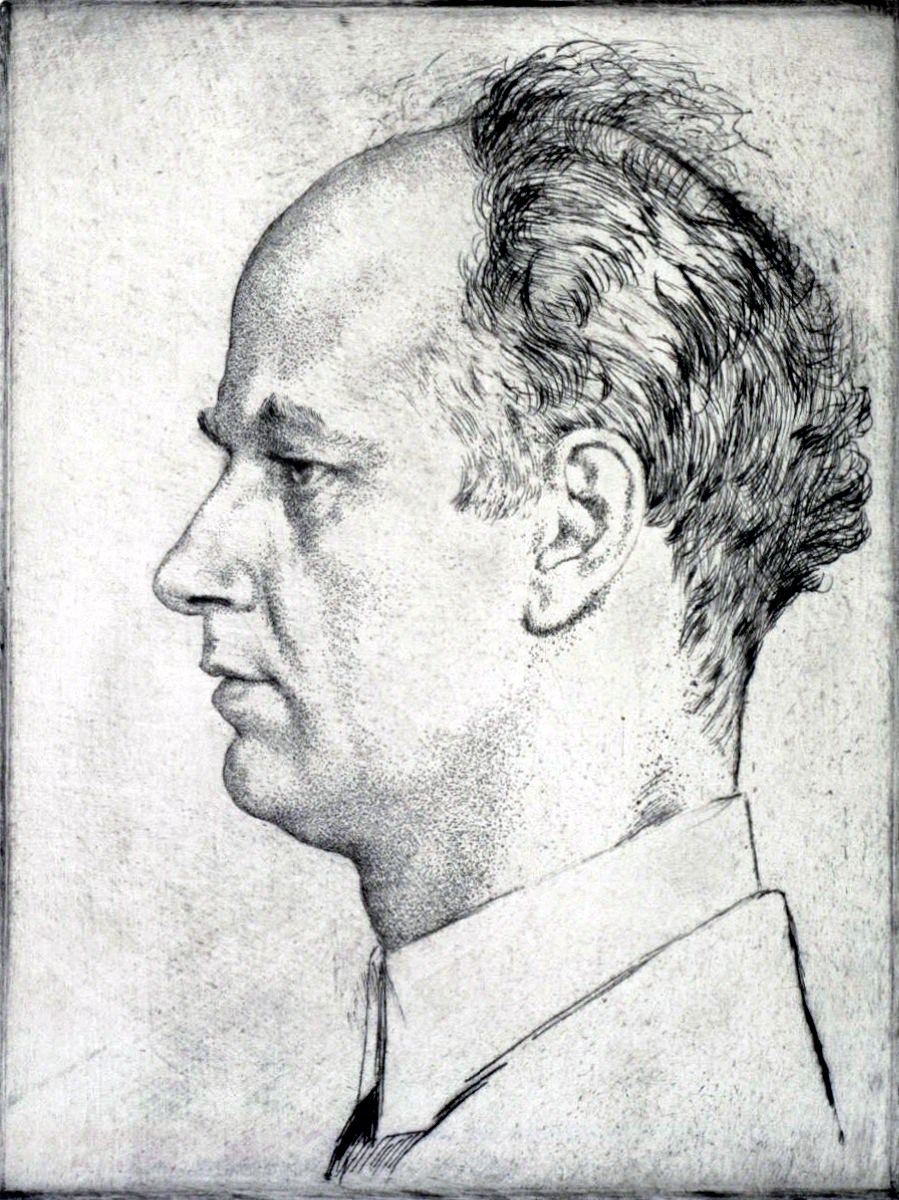
Wilhelm Furtwängler
Conductor from Germany1886, January 25th in Berlin, Germany - 1954, November 30th in Baden-Baden, Germany
Furtwängler's first position was at the Breslau Stadttheater in 1906 and 1907. He went to Zurich the next season, followed by an apprenticeship at the Munich Court Opera under the auspices of his teacher Mottl. From 1911 to 1921, Furtwängler served as music director of various ensembles in Lübeck, Mannheim, Frankfurt, and Vienna. From 1920 to 1922, he served as conductor of the Berlin Staatskapelle. At the age of 35, the conductor took the baton at the celebrated Berlin Philharmonic and concurrently held the same position at the Leipzig Gewandhaus Orchestra, where he remained until 1928. Furtwängler led the New York Philharmonic from 1927 to 1929, but eventually declined an offer to remain there. It was during those years that Furtwängler was appointed music director of the Vienna Philharmonic. […] In 1932, he was awarded the Goethe Gold Medal.
When the Nazis came into power in 1933, Furtwängler strongly and publicly opposed the Nazi agenda, despite pride in his German heritage, and refused to give the Nazi salute, even in Hitler's presence. In 1934, when Hindemith's Mathis de Maler was banned by the Nazi party, Furtwängler unilaterally resigned from all of his posts, aided numerous Jewish musicians under Nazi persecution, and refused to conduct in Nazi-occupied areas. Furtwängler eventually fled to Switzerland at the suggestion of Albert Speer. When, in 1936, the New York Philharmonic offered him the position of music director, he was dissuaded from accepting the position by anti-Nazi sentiment. After the war's conclusion, the Allied command cleared Furtwängler of charges of being a Nazi sympathizer, although the American government did not "denazify" Furtwängler until 1946. […]
Always welcomed in Europe, Furtwängler enjoyed continued success throughout the region. While uninterested in recording live performances […], he was responsible for countless recordings […]. His dedication to the works of Beethoven was unsurpassed, and his enthusiasm towards the contemporary compositions of the time impressive, evidenced by his aggressive programming. […] Furtwängler remained a popular artist and kept a busy schedule conducting throughout Europe until his death in Baden-Baden in 1954. […] Source: Allmusic
| Usual Name | Wilhelm Furtwängler |
| Alternative Spellings | Gustav Ernst Heinrich Wilhelm Furtwaengler, Wilhelm Furtwangler, ... Furtwängler, Vilchelm Furtvengler, Viruherumu Furutovengura, Wilhelm Furtwaengler, Gustav Heinrich Ernst Martin Wilhelm Furtwaengler, ... Furutovengura |
| On Wikipedia | Wilhelm_Furtwängler |
| Ensembles |
Leipzig Gewandhaus Orchestra
from 1922
to 1928
Vienna Philharmonic from 1927 to 1930 Berlin Philharmonic from 1922 to 1945 Berlin Philharmonic from 1952 to 1954 |
| Links | RISM person , VIAF , GND |
Images
| Title | Subname | Catalogue | Key | Year | Type |
|---|
No releases found for this artist.